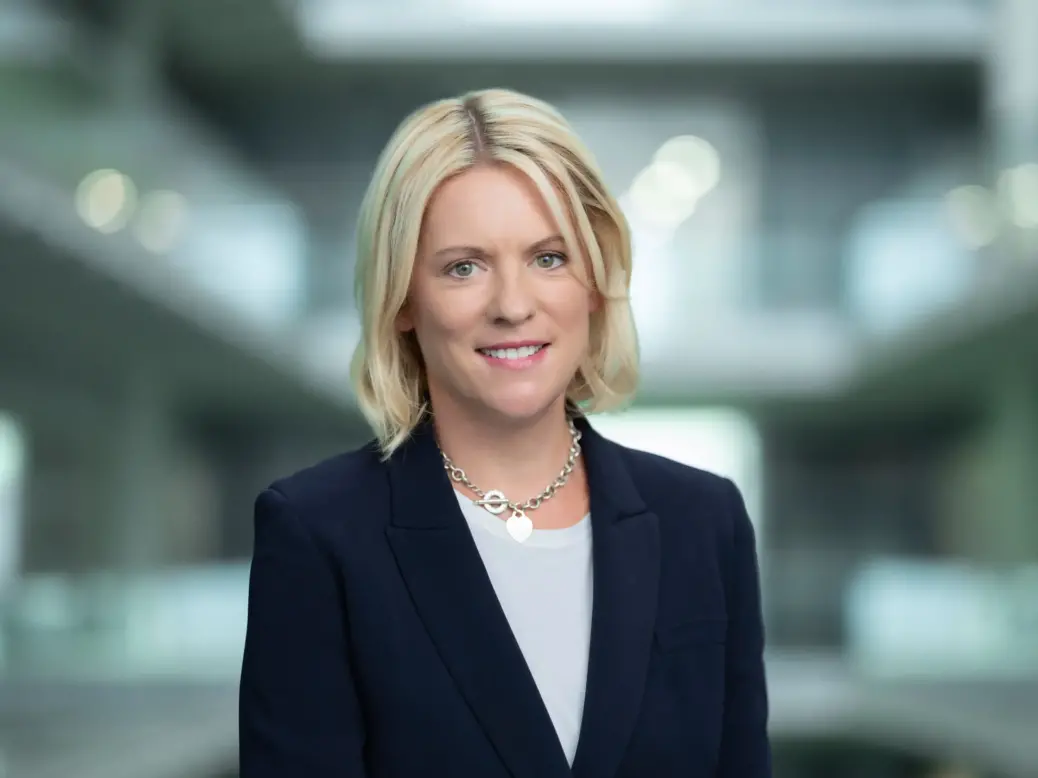
The unremitting pace of news since the 2016 Brexit vote has meant that “there is no escape from being a journalist”, with a toll on mental health, according to ITN chief executive Rachel Corp.
Corp told Headlines Network, which promotes conversations and training around mental health in journalism, about her approach to mental wellbeing in the newsroom.
Corp was previously editor at ITV News and 5 News, both of which are produced by ITN, as is Channel 4 News.
Silly season over? ‘No respite’ from news anymore
She explained how the prospect of a respite for journalists does not appear likely, with upcoming elections, economic crises and climate change creating constant conversation.
“I think what brings all these stories together are that they are not ones you leave behind at the end of the day, they are things we are living and breathing all the time, there is no respite.
“The cumulative effect feels never-ending. It feels like there’s no break in sight, no let-up.
“I can’t see an era where we’re putting our feet up in August thinking its silly season and scratching around for stories.”
She stressed the importance of integrating mental health support into the newsroom, rather than waiting for workers to buckle.
“Certainly here, when Israel-Gaza started, we very early on had conversations about the support for the teams going out there”, she explained.
Dismantling the idea that journalists must be “tough”, she said: “I still think there’s still a way to go in understanding how we best support people, everyone’s pathway is very different with mental wellbeing.”
“This idea of resilience as a badge of honour, I’m quite conflicted by it,” she added.
How news leaders can support mental health of journalists
As chief executive, Corp explained the importance of showing emotion at work. She felt that voicing her reaction to experiences and material encouraged others as “it gives a sense of permission”, she said.
She added: “I am a huge crier, it doesn’t take much to set me off, and watching our coverage regularly sets me off.”
She said that news leaders being transparent about their own mental health had helped foster a more supportive working environment than using, for instance, staff hotlines.
Detailing her experience of mental health support throughout her career, during which she worked as a producer from Kosovo, Afghanistan and Iraq, Corp said: “I was fortunate enough to work with some very experienced people right from the beginning of going to war zones and conflict zones.
“The starting point, whether it was in radio or here at ITN, was ‘everyone is in this together and even the most junior person has a say in what we do.’
“It didn’t matter if you were 23 or 53, you were equal in those decisions.
“Of course, I was being guided by people with more experience, but the idea of being able to open up and talk about it and not just be brave, that for me, has always set the starting point for conflict zones.”
ITN runs a reciprocal mentoring scheme, where those just starting out can receive advice from senior journalists. Corp said this put some responsibility on senior journalists to talk about their experiences, good and bad.
Corp mentioned the toll of the Covid pandemic on the newsroom, saying: “We were asking our teams to do the reverse of what the rest of the country was doing, and go out there into the ‘unknown’, and we didn’t know how to protect them.”
She also touched on online abuse, noting: “Unfortunately, there are still things which are harder for women as journalists, particularly around online safety and the kind of abuse people can receive.”
Email pged@pressgazette.co.uk to point out mistakes, provide story tips or send in a letter for publication on our "Letters Page" blog
